ACT leads the way with roadmap to Raise the Age of criminal responsibility
Australia’s state and territory governments are being urged to follow the lead of the ACT, after it today released a new report outlining its roadmap to raising the minimum age of criminal responsibility and keeping young children out of prison. The report shows that raising the minimum age of criminal responsibility is necessary, achievable and straightforward.
Aboriginal, health, legal and human rights organisations welcomed the highly anticipated report and called on other Australian governments to follow suit as a matter of urgency.
The report outlines the findings of a review led by Emeritus Professor Morag McArthur, Aboriginal consulting company Curijo Pty Ltd and Dr Aino Suomi from the Australian National University which was commissioned by the ACT Government to identify alternative models to meet the needs of 10 – 13 year olds once the age is raised to 14. It brings together evidence from around Australia and around the world about what interventions, programs and services ensure that children and their families get the support they need.
Cheryl Axleby, Co-Chair, Change the Record:
“Every state and territory government criminalises and imprisons our children at far higher rates than non-Indigenous children. We welcome this step from the ACT Government to change these harmful laws, and instead provide support and services to children and their families.
“Aboriginal and Torres Strait Islander kids bear the brunt of bad policies and bad policing. Our kids suffer when governments build new prisons instead of investing in adequate housing, supports in schools and family services. This ACT report shows how governments can do things differently, by supporting our kids to thrive instead of locking them away.
Ruth Barson, Legal Director, Human Rights Law Centre:
“Ten-year-old children are in the thick of their childhoods. Many still have baby teeth. They should be playing with friends and going to school, not being locked up and put on a path that so often leads to future contact with the criminal justice system. The ACT has bravely laid out a different path: a roadmap to ending this injustice. It’s time for the other states and territory to follow suit.”
Priscilla Atkins, Chair, National Aboriginal and Torres Strait Islander Legal Service:
“The Australian prison system has been designed to oppress and harm First Nations kids since colonisation. Governments are continually failing to address social injustices and provide our children with culturally safe supports.
It is time for every state and territory government to follow the lead of ACT, and commit to raising the age of criminal responsibility to change the future of our kids for generations to come.”
Terry Slevin, CEO, Public Health Association Australia:
“This is a vital reform. We welcome the ACT’s leadership, and look forward to other jurisdictions following suit.”
View fullsize
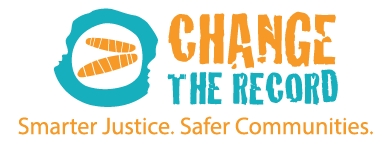
View fullsize
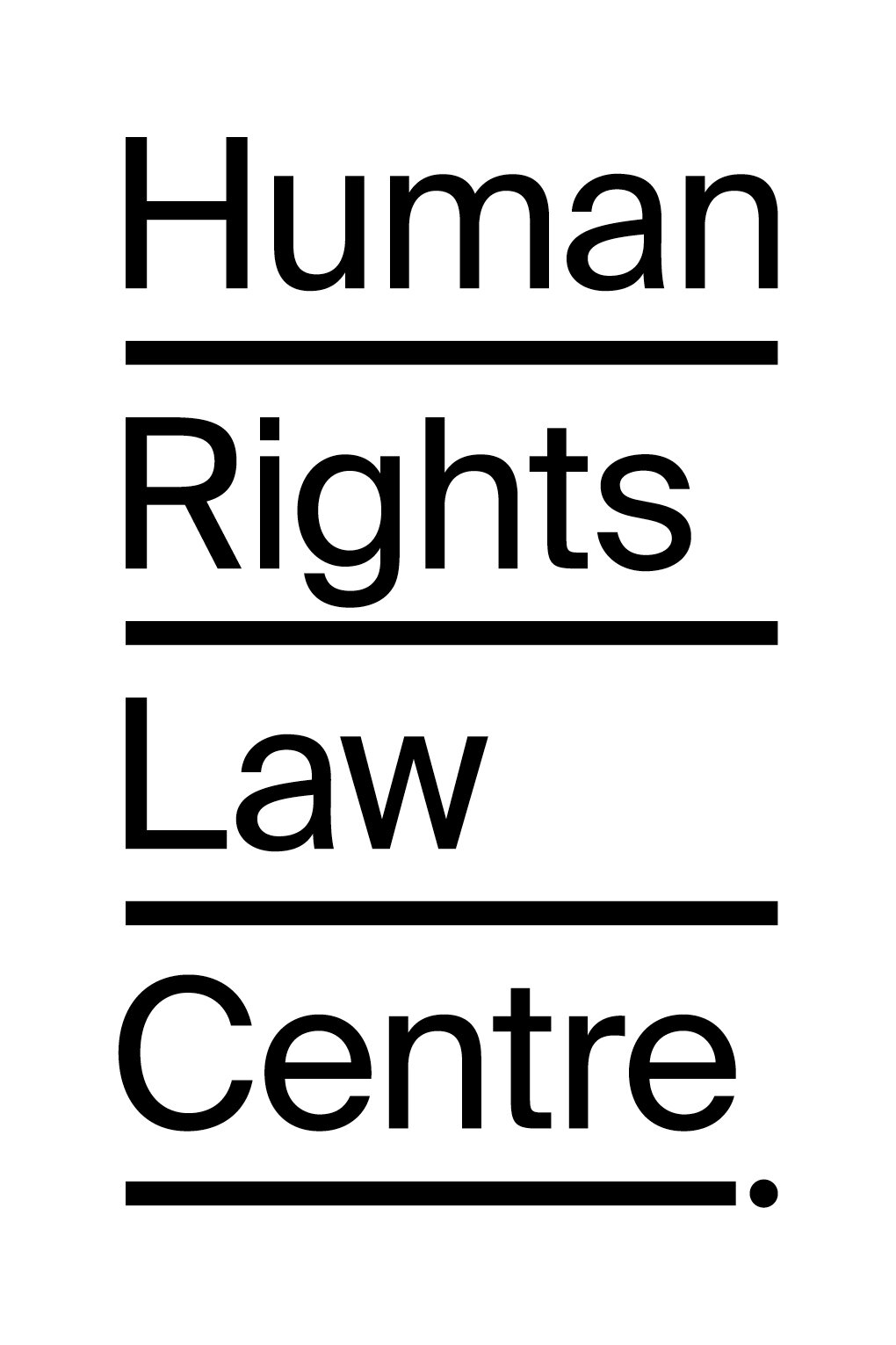
View fullsize
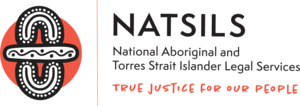
View fullsize
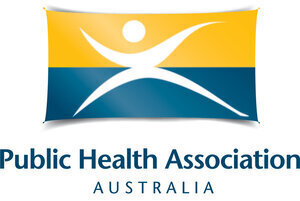
Media contact:
Evan Schuurman, Human Rights Law Centre: evan.schuurman@hrlc.org.au, 0406 117 937
Sophie Trevitt, Change the Record: sophie@changetherecord.org.au, 0431 843 095
Media Enquiries
Chandi Bates
Media and Communications Manager

Malinauskas Government must take historic opportunity and adopt Human Rights Act after inquiry recommendation
The Human Rights Law Centre has congratulated the South Australian parliamentary inquiry recommendation for a South Australian Human Rights Act.
Read more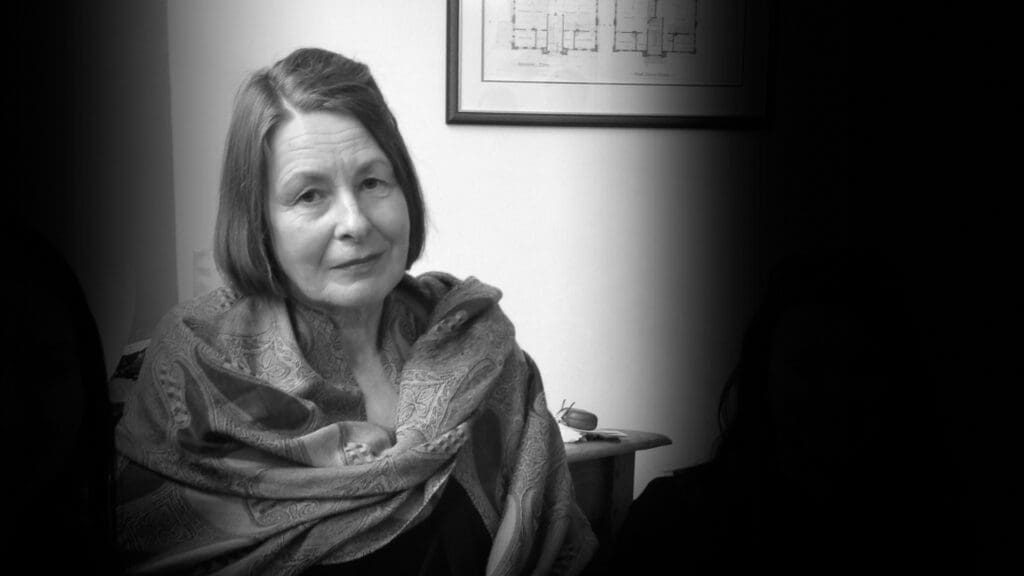
Legal challenge filed against Tasmanian Parole Board’s decision to gag free speech
The Human Rights Law Centre has filed legal proceedings on behalf of Tasmanian grandmother, Susan Neill-Fraser, to challenge a restrictive parole condition placed on her by the Tasmanian Parole Board seeking to limit her ability to speak to the media.
Read more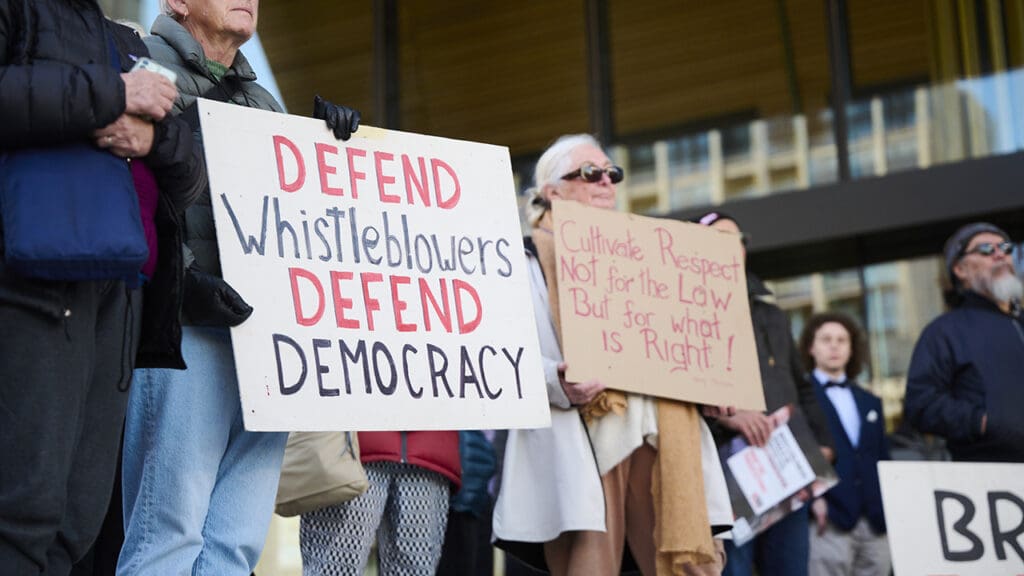
Voters overwhelmingly support stronger whistleblower protections, new polling reveals
Support for whistleblower protections has surged with new polling research revealing that 86% of Australians want stronger legal protections for whistleblowers.
Read more


